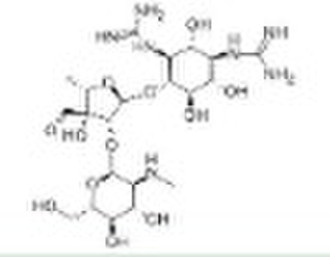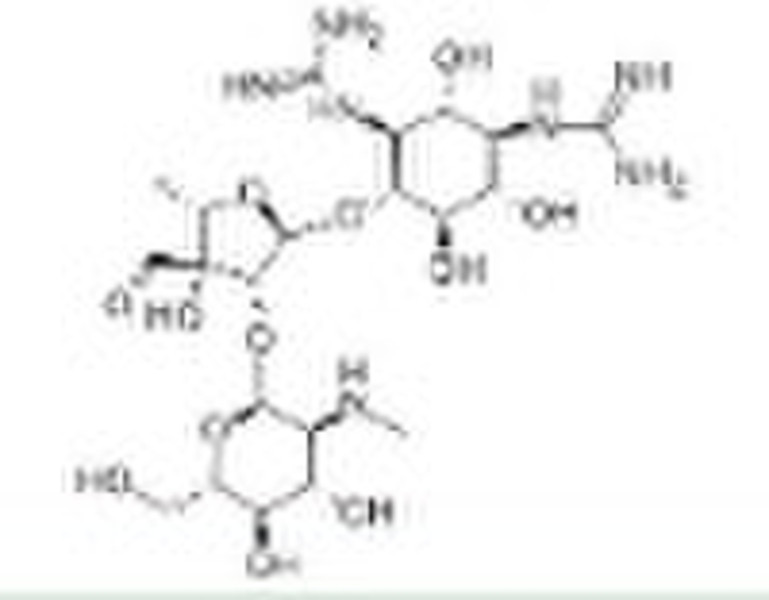Catalog
-
Catalog
- Agriculture
- Apparel
- Automobiles & Motorcycles
- Beauty & Personal Care
- Business Services
- Chemicals
- Construction & Real Estate
- Consumer Electronics
- Electrical Equipment & Supplies
- Electronic Components & Supplies
- Energy
- Environment
- Excess Inventory
- Fashion Accessories
- Food & Beverage
- Furniture
- Gifts & Crafts
- Hardware
- Health & Medical
- Home & Garden
- Home Appliances
- Lights & Lighting
- Luggage, Bags & Cases
- Machinery, Hardware & Tools
- Measurement & Analysis Instruments
- Mechanical Parts & Fabrication Services
- Minerals & Metallurgy
- Office & School Supplies
- Packaging & Printing
- Rubber & Plastics
- Security & Protection
- Service Equipment
- Shoes & Accessories
- Sports & Entertainment
- Telecommunications
- Textiles & Leather Products
- Timepieces, Jewelry, Eyewear
- Tools
- Toys & Hobbies
- Transportation
Filters
Search
Streptomycin

Quincey Cheung
Contact person
Basic Information
Streptomycin is an antibiotic drug produced by or derived from certain fungi, bacteria, and other organisms, that can destroy or inhibit the growth of other microorganisms. STORAGE: t he storeroom should be ventilated, dry and in low temperature Separated stored with foodstuff Poison classification : low Mechanism of action Streptomycin is a protein synthesis inhibitor. It binds to the S12 Protein of the 30S subunit of the bacterial ribosome, interfering with the binding of formyl-methionyl-tRNA to the 30S subunit. This prevents initiation of protein synthesis and leads to death of microbial cells. Humans have structurally different ribosomes from bacteria, thereby allowing the selectivity of this antibiotic for bacteria. However at low concentrations Streptomycin only inhibits growth of the bacteria by inducing prokaryotic ribosomes to misread mRNA. Streptomycin is an antibiotic that inhibits both gram positive and gram negative bacteria, and is a therefore a useful broad spectrum antibiotic. USE: used as a pesticide, to combat the growth of bacteria, fungi, and algae. Streptomycin controls bacterial and fungal diseases of certain fruit, vegetables, seed, and ornamental crops, and controls algae in ornamental ponds and aquaria. A major use is in the control of fireblight on apple and pear trees. As in medical applications, extensive use can be associated with the development of resistant strains. Cell Culture Streptomycin, in combination with penicillin, is used in a standard antibiotic cocktail to prevent bacterial infection in cell culture.
Delivery terms and packaging
Packaging Detail: 25kg/bag Delivery Detail: as soon as possible
Port: shanghai
Payment term
Documents Against Acceptance
Documents Against Payment
Letter of credit
Telegraphic transfer
-
Payment Methods
We accept:









